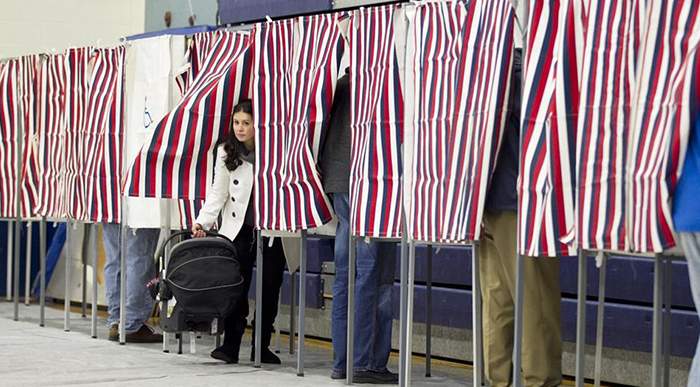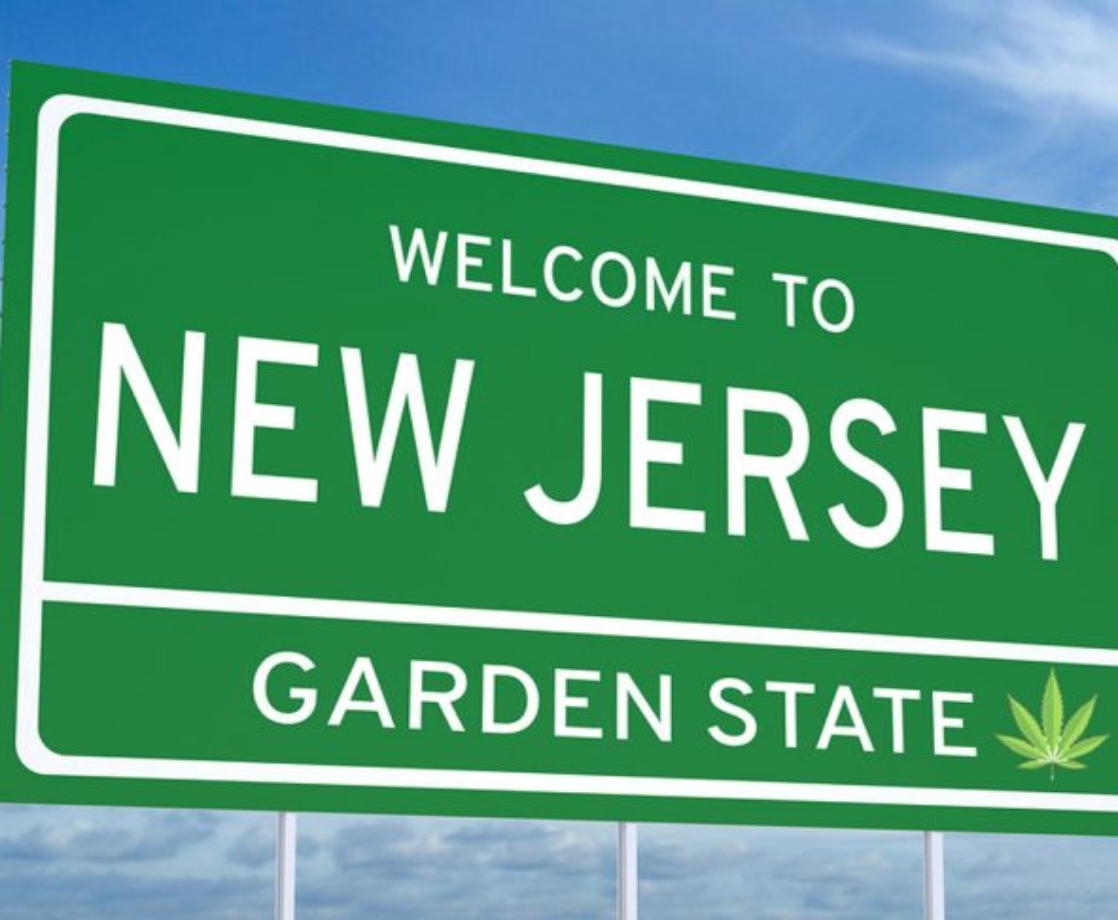The Massachusetts chapter of the American Civil Liberties Union (ACLU) has been invested in one of this year’s state ballot questions: Should Massachusetts legalize, regulate, and tax recreational marijuana? The ACLU has come out in favor of Question 4, and has produced a number of things to help back up its support, including a live map that shows the racial disparities that still exist in Boston law enforcement’s policing of cannabis.
Data from the Boston Police Department shows that an average of 13 people per week face police harassment or arrest because of marijuana. The ACLU’s live map is updated daily using data from the Boston Police Department and the latest census information. The results confirm state and nationwide trends: While people of all races use and sell marijuana at similar rates, marijuana enforcement is disproportionately concentrated in communities of color.
And, despite the clear racial bias surrounding cannabis enforcement, Director of the ACLU’s Technology for Liberty Program Kade Crockford says that the open and transparent nature of the Boston Police Department is something that at least separates it from departments in other cities and states. “Boston proactively discloses this information in a timely fashion,” Crockford says. “The open data website that the city of Boston runs contains this database of incident reports that they update everyday. So you get to see what policing looks like in Boston yesterday, today!”
The live map is not the only resource the ACLU is providing folks wondering how to vote on ballot Question 4 in Massachusetts. Last month the organization released the report “The War on Marijuana in Black and White,” which found that “in 2014, statewide arrest rates for possession were 3.3 times higher for black people than for whites, despite similar use rates.”
Both the map and the report should go a long way in helping state residents make up their mind regarding Question 4. One of the issues occasionally brought up—even by cannabis supporters—is how recreational use in Massachusetts will impact communities of color. If one looks to Colorado, they would actually be disappointed to note that legalization hasn’t actually stopped racial disparity when it comes to drug-related arrests.
However, there is optimism that Massachusetts residents won’t experience the same thing. “In Massachusetts, we passed decriminalization first, so it’s not a crime for anyone in the state—no matter how old you are—to possess less than an ounce,” Corckford explains. “But after legalization, the crimes associated with marijuana will be very, very few and far between. And it will be much more difficult for law enforcement to make a case to the courts that there is a legitimate basis for any kind of marijuana prosecution.”
As it stands, based on all of the evidence the ACLU has gathered and produced—both in report form and in its daily updating map—it is clear that there is racial bias surrounding who is being targeted for marijuana crimes regardless of the reality of who is using it. Based on all of this, there is a very strong case that legalizing cannabis will have a plethora of benefits in the state of Massachusetts. Sure, everyone who was previously purchasing their marijuana through illegal channels will hopefully soon be able to access it on the up and up, but more important, it will be one more mark against the systemic racism that pervades the justice system in the U.S.
And, while not the first state in the country to legalize marijuana, perhaps Massachusetts can be a trailblazer when it comes to things like transparency within police departments and lowering the incidents of law enforcement and racial disparity.
A yes vote on 4 is more than just a vote for high times in Massachusetts.











